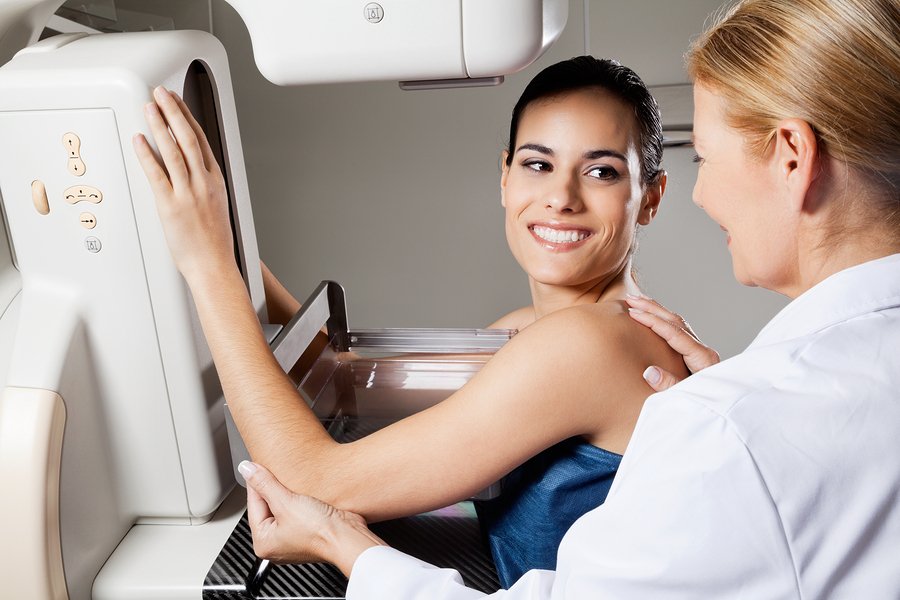We’re so happy that The American Cancer Society has come to their senses and admitted the dangers and inaccuracies of mammograms, something my own doctor told me years ago. We’ve written before about how some mainstream physicians (The breast hereditary expert at the University of Chicago notes that mammograms for women who carry the BRCA are dangerous and suggests MRI’s.) have even admitted that mammograms are often misread. Yet sadly, we still have friends who have had mastectomies only to find out, after having their mammogram read, that they never had breast cancer at all. My MD, who has almost 50 years experience under his belt, would never recommend I undergo the radiation of a mammogram and instead I do thermography and ultrasounds.
I was tested for the BRCA gene and while I am not a carrier I still have breast cancer in my family (if that matters), so I opted to use ultrasound. The MD who read my last one admitted that it can spot the lumps and determine whether they’re cysts or not (mine were). He had been trying to force me to do a mammogram even though I was under 45 but it now appears, according to the new guidelines, that he’d be wrong in recommending I do one given my age.
Again, most MD’s I know who are female (most holistic) don’t put their breasts in those radiation machines and opt for the same healthy alternative that I do.
From the NY Times piece:
One of the most respected and influential groups (Editor: we disagree with that, but not surprised NY Times would bow down to them) in the continuing breast-cancer screening debate said on Tuesday that women should begin mammograms later and have them less frequently than it had long advocated.
The American Cancer Society, which has for years taken the most aggressive approach to screening, issued new guidelines on Tuesday, recommending that women with an average risk of breast cancer start having mammograms at 45 and continue once a year until 54, then every other year for as long as they are healthy and expected to live another 10 years.
The organization also said it no longer recommended clinical breast exams, in which doctors or nurses feel for lumps, for women of any age who have had no symptoms of abnormality in the breasts.
Previously, the society recommended mammograms and clinical breast exams every year, starting at 40.
The changes reflect increasing evidence that mammography is imperfect, that it is less useful in younger women, and that it has serious drawbacks, like false-positive results that lead to additional testing, including biopsies.
We hope this causes women to wake up and read some of the many studies out there that say mammograms cause more harm than good. My MD of countless years would never recommend I get one and thereby increase my chances of breast cancer (CNN says 1 in 2 women will have breast cancer in just a matter of years). I hope you will join me in pushing back against the establishment and instead opt to use the safer technologies found in thermography and ultrasound.
Source: NYTimes.com












